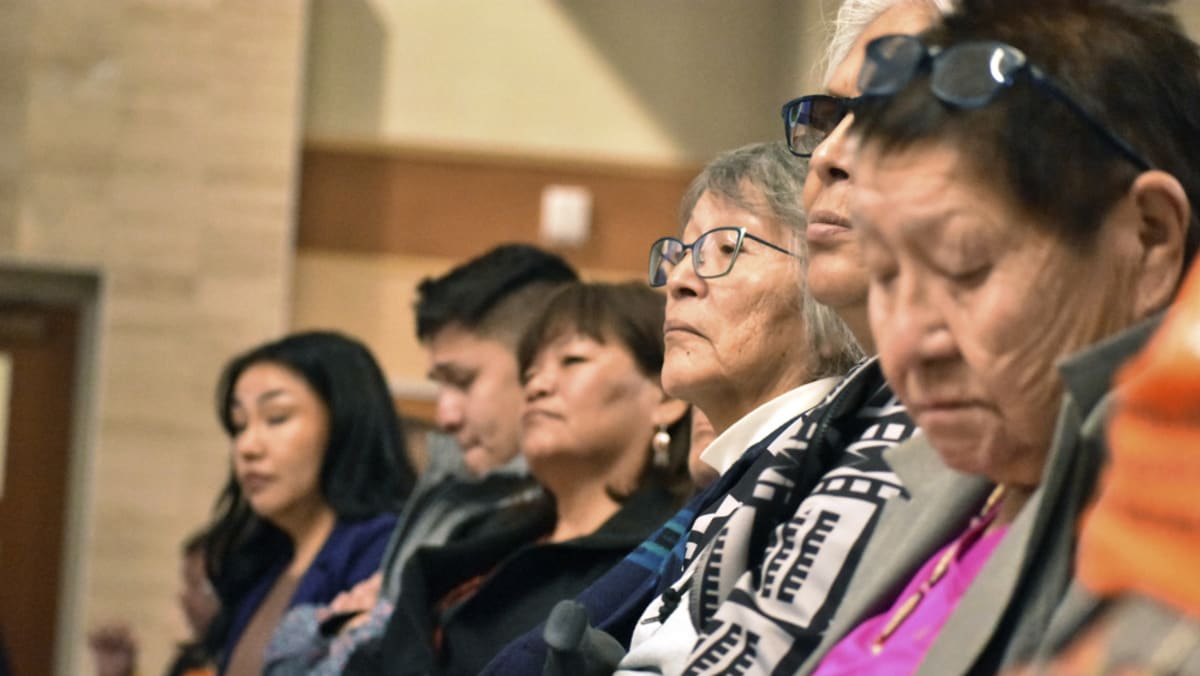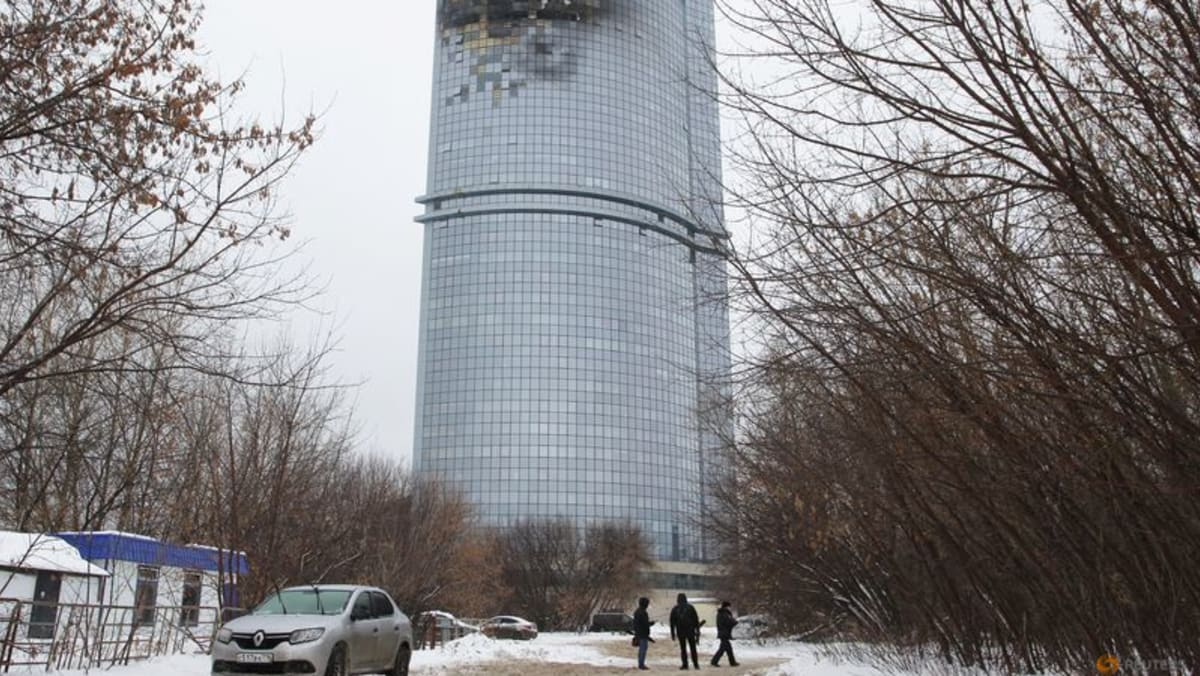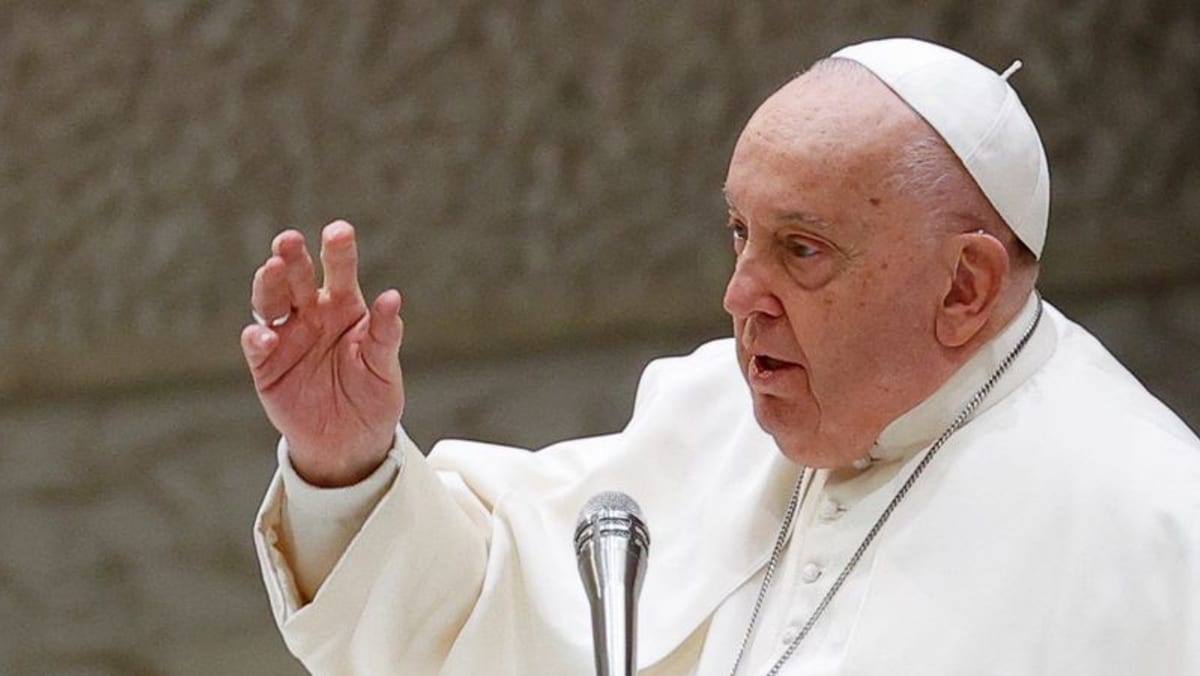Kuwait buries late emir Sheikh Nawaf in funeral attended by new ruler

AL-SIDDEEQ, Kuwait: Kuwait’s Emir Sheikh Nawaf al-Ahmad al-Sabah, whose six-decade career in public service primarily focused on domestic issues, was buried on Sunday (Dec 17) following a prayer service.
His successor, Sheikh Meshal al-Ahmad al-Sabah, 83, was seen shedding a tear at the prayer service attended by members of the ruling Al Sabah family and speaker of Kuwait’s parliament.
Sheikh Meshal had been Kuwait’s de facto ruler since late 2021, when a frail Sheikh Nawaf handed over most of his duties. Kuwait, which holds the world’s seventh-largest oil reserves, has maintained a foreign policy of close ties with its ally the US and balanced its relationships with neighbours Saudi Arabia, Iran and former occupier Iraq.
As he formally takes the helm of the OPEC member from his half-brother, Sheikh Meshal is expected to preserve key Kuwaiti foreign policies including support for Gulf Arab unity, Western alliances and good ties to Riyadh – a priority relationship.
Sheikh Nawaf’s three-year reign as emir, relatively short by Kuwait standards, was marred by ill health. His predecessor and brother, Sheikh Sabah al-Ahmad al-Sabah, reigned for 14 years and shaped the Gulf state’s foreign policy for two generations.
Sheikh Nawaf, whose casket was draped in Kuwait’s flag, was buried at Sulaibikhat cemetery alongside his kin, after prayers at Bilal bin Rabah mosque.
Dignitaries from around the world paid respects to Sheikh Nawaf, whose six decades in public service included minister of defence, interior, labour and deputy chief of the national guard.
“We convey our deepest condolences to the royal family, the leadership and the people of Kuwait,” India’s Prime Minister Narendra Modi wrote on the social media platform X.
Sheikh Nawaf died on Saturday, aged 86. He was 83 when he became emir in 2020, at the time the oldest ruler to take power in the Gulf state that was invaded and occupied by Iraq in 1990.
The late emir was perceived domestically as a consensus-builder who sought to repair a long-strained relationship between the parliament and government and who pardoned dozens of dissidents and other citizens who had voiced public criticisms.
Under the constitution, the emir chooses his successor, the crown prince, but traditionally the ruling family convenes a meeting to build consensus. Parliament also has to approve.
Rulers of other Gulf states such as Saud Arabia and the United Arab Emirates have in recent years picked their own sons as their designated successors, signalling power would next pass to the next generation of the ruling family.
Source: CNA















